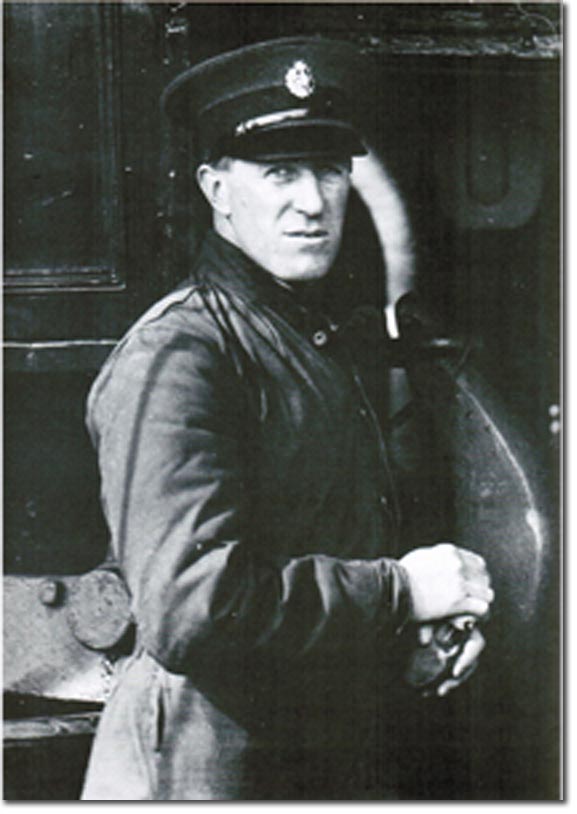|
|


|
|
T. E. Lawrence had become famous as Lawrence of Arabia but sought solitude and anonymity after the Great War. He had resigned his commission in the army but rejoined the RAF as a lowly subaltern under the new name of T. E. Shaw. The above picture shows him in an RAF uniform. He served in India before transferring to RAF Mount Batten in 1935 where he worked on the motor launch tenders for the sea planes. He helped design new high-speed rescue sea craft whilst there. By all accounts, he loved working on the high speed boats in Plymouth and worked at Mount Batten until 1933.
His feelings about Plymouth itself are a bit more ambivalent as this interesting letter from him to American anthropologist Henry Field dated 13th November 1930 reveals:
Dear Mr Field, He was a self-effacing man and other letters make it clear that he did enjoy the walks around Mountbatten and also travelling further afield on his motorbike or motorlaunch. He died in a motorbike crash shortly after leaving the RAF. |
Empire in Your Backyard: Plymouth Article | Significant Individuals
Armed Forces | Art and Culture | Articles | Biographies | Colonies | Discussion | Glossary | Home | Library | Links | Map Room | Sources and Media | Science and Technology | Search | Student Zone | Timelines | TV & Film | Wargames